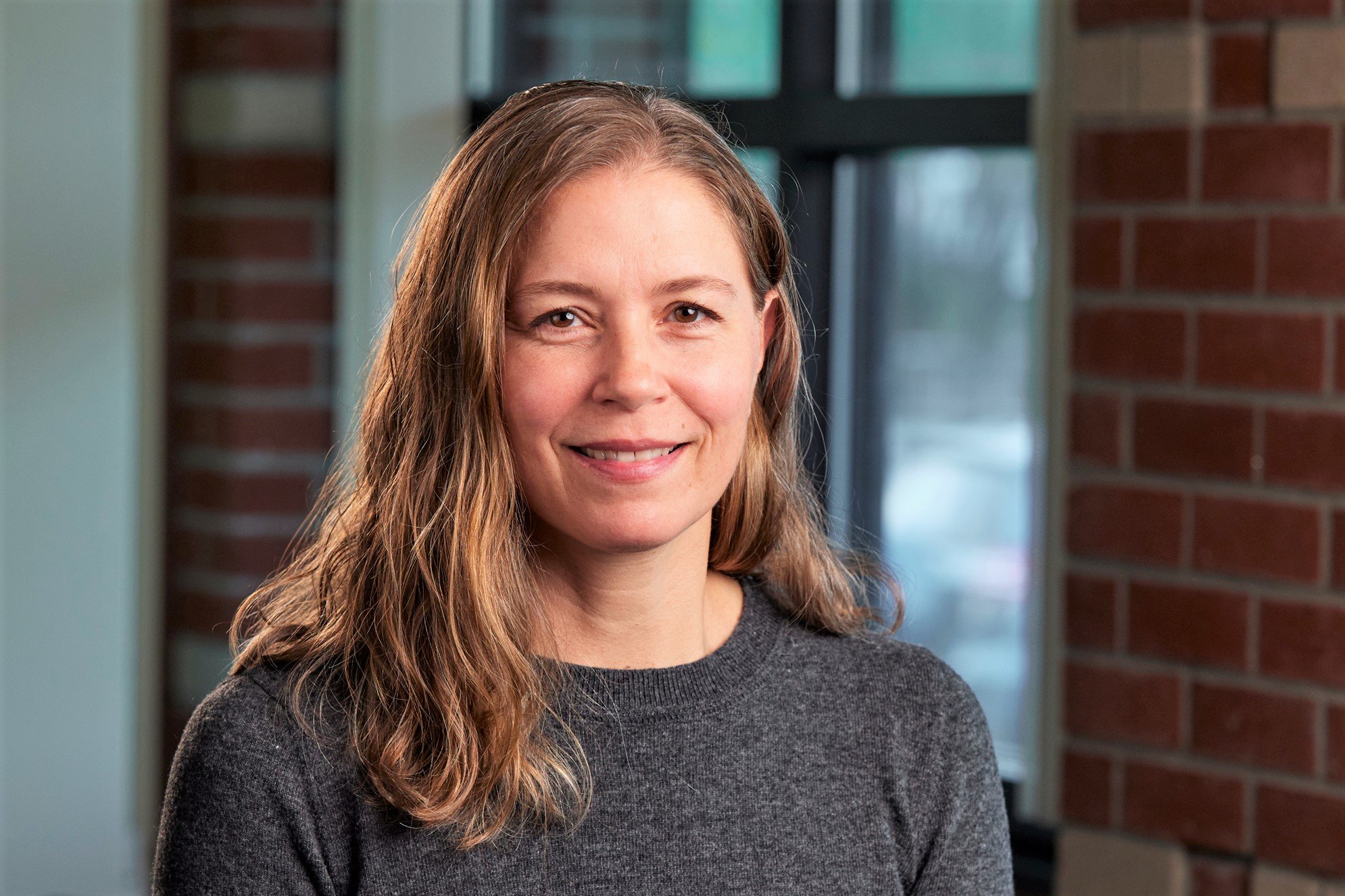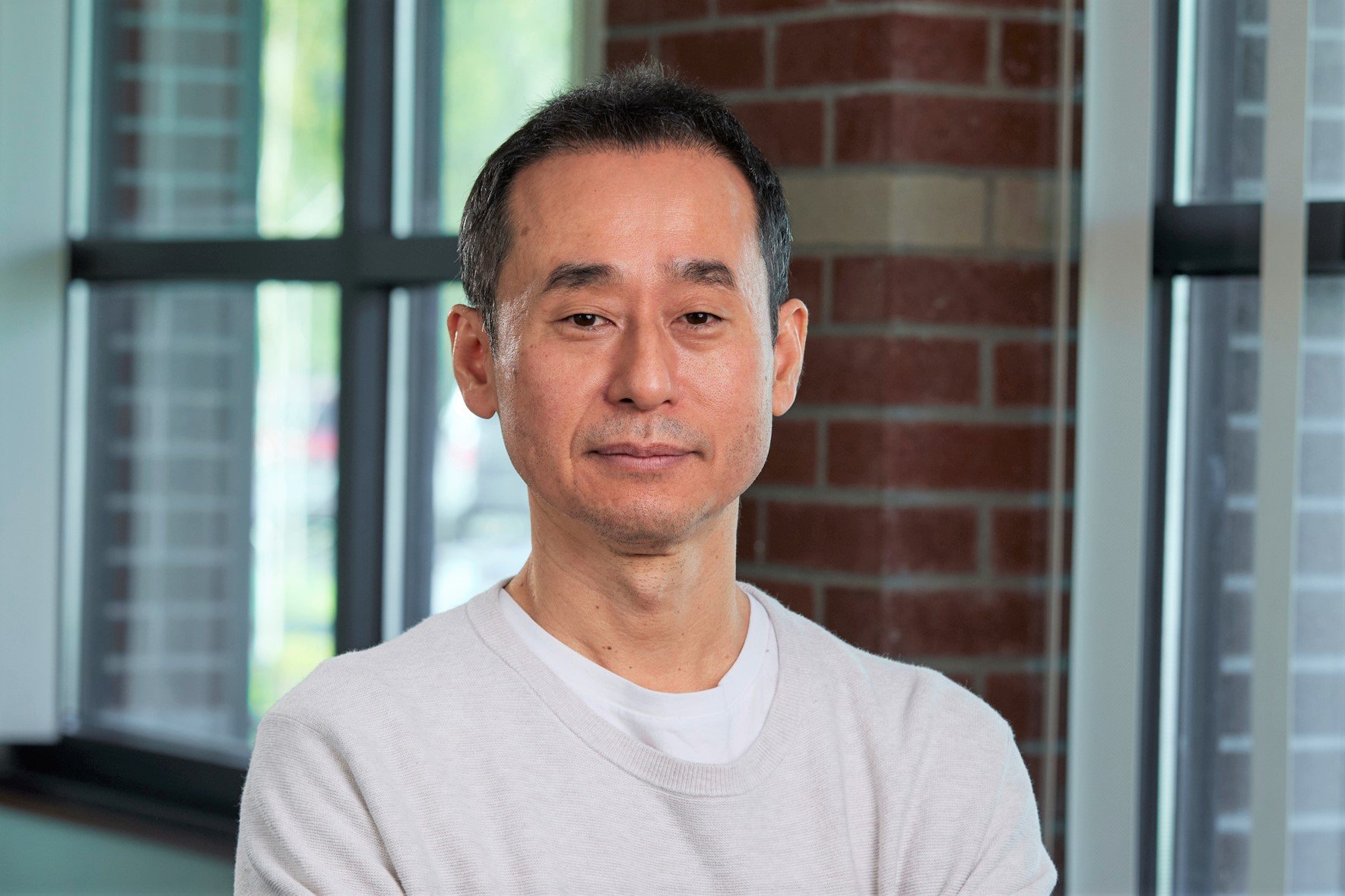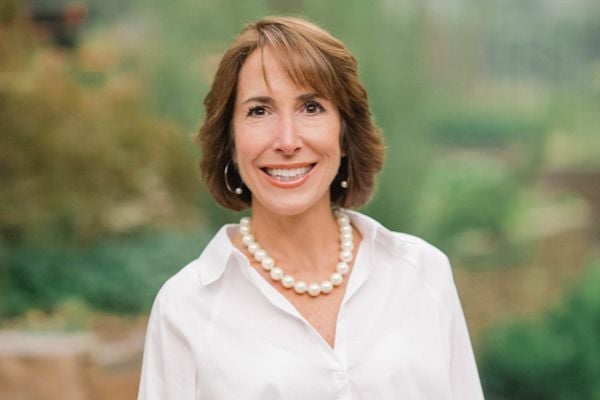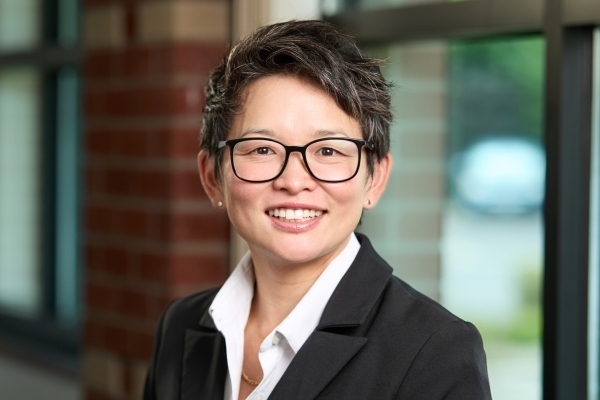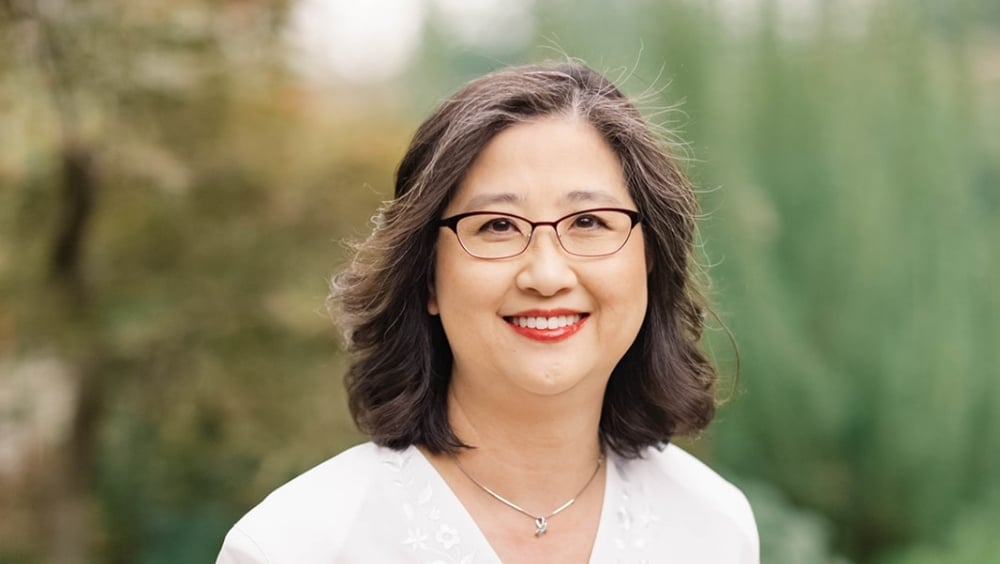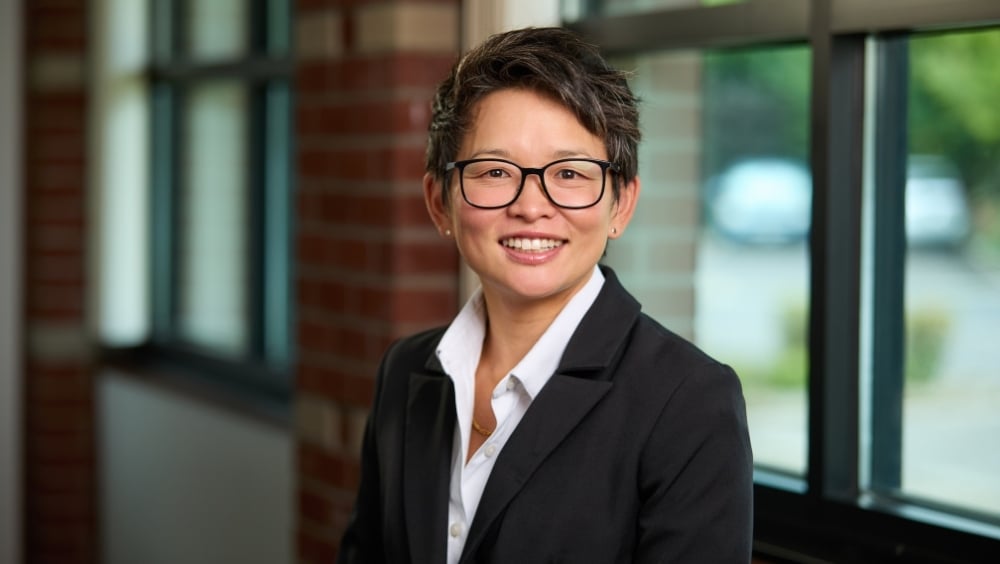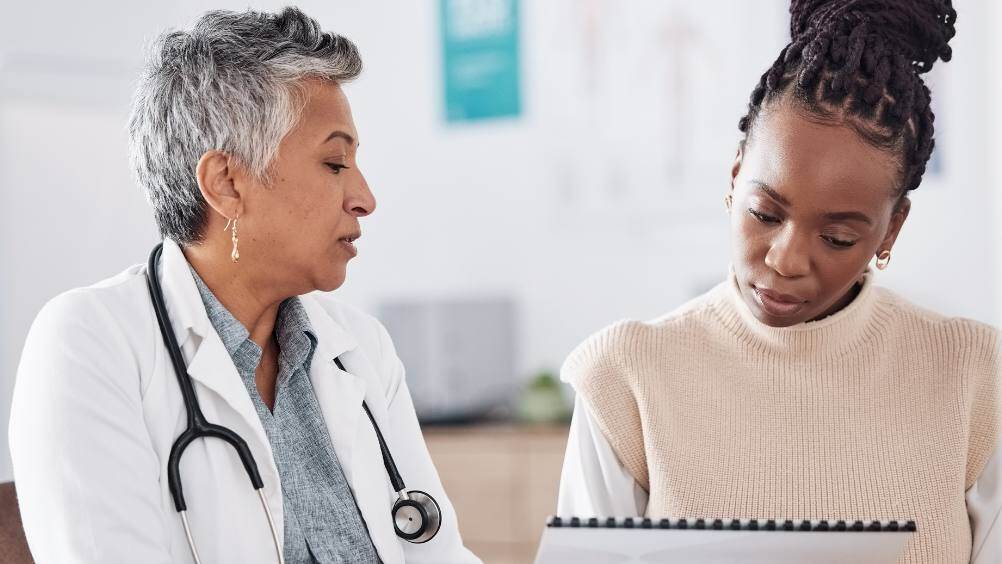Breast Cancer Center in the Willamette Valley
Breast Cancer
- Breast Cancer Overview
- Newly Diagnosed
- Signs & Symptoms
- Detecting & Diagnosing
- Types of Breast Cancer
- Hormone Receptor Status
- Lymph Node Involvement
- Staging
- Treatment Options
- Breast Cancer Surgery
- Breast Cancer Recurrence
- Breast Reconstruction
- Risk Factors
- Genetics & Breast Cancer
- Breast Cancer FAQs
- Living as a Survivor
Comprehensive Breast Cancer Care at Willamette Valley Cancer Institute
At Willamette Valley Cancer Institute (WVCI), our breast cancer care program provides comprehensive, compassionate and personalized treatment for those diagnosed with breast cancer, including the latest therapies, advanced breast cancer surgery, and innovative clinical trials.

What to Expect After a Breast Cancer Diagnosis
Whether you've just been diagnosed with breast cancer, you’re searching for a second opinion, or you’re looking into clinical trials, the breast cancer specialists at WVCI are here to help you get through the next steps.
Begin your journey to becoming a breast cancer survivor by learning about what to do first. Plus, get helpful tips for newly diagnosed breast cancer patients as you prepare for treatment.
Why Choose WVCI for Breast Cancer Treatment
Every breast cancer diagnosis is unique and requires treating each patient individually. WVCI cancer centers offer expert, coordinated breast cancer care, and access to innovative clinical trials close to home. Our team of medical oncologists, breast cancer surgeons, radiation oncologists, and nurse navigators collaborate on each patient’s personalized treatment plan and provide compassionate support to patients and their families.
Your Breast Cancer Care Team at WVCI
At WVCI, our dedicated breast cancer care team consists of specialists who provide personalized, comprehensive care. Each member of your team plays an important role in supporting you through diagnosis, treatment, and recovery.
Medical Oncologist
Oversees your treatment plan, offering advanced therapies and access to clinical trials.
Breast Surgeon
Plans and performs surgical procedures related to breast cancer, such as lumpectomies, mastectomies, and lymph node dissections. Reconstruction options are also discussed as part of your plan.
Radiation Oncologist
Delivers precise, targeted radiation while protecting healthy tissue.
Nurse Navigator
Coordinates your care, explains treatment options, manages side effects, and advocates on your behalf —ensuring a smooth, compassionate experience.
Genetic Counselors
Provide personalized risk assessment and guidance for hereditary breast cancer.
Oncology Social Worker
Helps you cope emotionally and understand your diagnosis and treatment plan. They also assist with navigating insurance, stress management, family support and can connect you with resources for temporary housing or home care, as needed.
Dietitian
Helps you manage treatment side effects and improve well-being through personalized nutrition plans and guidance on healthy food choices.
Breast Cancer Treatment Tailored to You
Our breast cancer doctors are dedicated to providing a patient-centered approach to care using the latest treatment options for patients throughout the Willamette Valley and Central Coast - including Albany, Corvallis, Eugene, Springfield, Florence, Newport, and Lincoln City, Oregon.
Determining a Breast Cancer Treatment Plan
Whether you’ve already met with an oncologist or you're preparing for your first visit, learn more about breast cancer to become familiar with terms you may hear in your appointments.
Treatment options are often based on a variety of factors, including:
Types of Breast Cancer
Hormone Receptor Status
Breast Cancer Treatment Options
A number of breast cancer treatments are available depending on the type and stage of breast cancer. Many patients also receive radiation therapy and systemic therapies such as hormone therapy, chemotherapy, immunotherapy, or targeted therapy.
Breast Cancer Surgery
Most patients will have surgery included in the breast cancer treatment plan. This may be a breast-conserving surgery called a lumpectomy, or in some cases, removal of the entire breast, called a mastectomy. Our breast cancer surgeons will meet with you to discuss your options, your needs, and work with you to create a plan for reconstruction you’re comfortable with. As part of your care team, they will decide the best timing for surgery with your oncologist.
Will You Need Breast Reconstruction Surgery?
The decision to have breast reconstruction surgery is a personal one. Your breast cancer surgeon will walk you through your breast reconstruction surgery options and explain how deciding before your mastectomy can play a role in your overall cancer treatment plan.
Breast Cancer Research & Clinical Trials
At Willamette Valley Cancer, we are dedicated to advancing breast cancer care through innovative research so our patients have more options. By participating in national and international clinical trials, we offer our patients access to promising new therapies that are . Our research focuses on breast cancer genetics, the development of targeted treatments, and personalized medicine approaches. We are also exploring ways to reduce treatment side effects and enhance the quality of life for breast cancer survivors.
Learn more about the latest developments in cancer research.
Breast Cancer FAQs
It's common to have additional questions about breast cancer - whether it is about risks of developing breast cancer or about the side effects of certain treatments. Our cancer care team has put together a few answers to questions that are often asked about breast cancer.
Is My Breast Cancer Hereditary
Certain factors can increase the risk of breast cancer, including risk factors based on lifestyle choices and risk factors based on genes. Most of the cases of breast cancer are not related to a genetic mutation, with only 5-10% of breast cancers caused by a gene mutation in the BRCA1 gene or the BRCA2 gene. Changes in other genes are also associated with breast cancer, but they are much less common.
We offer genetic counseling to help individuals understand their breast cancer risk and make informed decisions about their health.
Signs & Symptoms of Breast Cancer
Early detection is vital in the treatment of breast cancer. You can be proactive at detecting the disease in its earliest stages when treatment is more likely to offer a better outcome–and it starts with increasing your awareness regarding the signs and symptoms of breast cancer.
Detection & Diagnosis of Breast Cancer
When breast cancer is detected in the early stages, treatment is more likely to offer a better outcome. While breast cancer is sometimes found after symptoms appear, many women don't experience symptoms at all making regular screenings very important.
Living as a Breast Cancer Survivor
Completing treatments may come with a combination of feelings and questions about becoming a breast cancer survivor and what happens next. You’ll still need additional medical and emotional support even once your treatment plans are finished.
Breast Cancer Doctors in the Willamette Valley and the Oregon Coast
Lincoln City
Newport
Springfield - Breast Surgery
Springfield - Medical Oncology
Additional Resources for Breast Cancer
Find a Breast Cancer Center Near You
WVCI breast cancer centers provide patients with the latest in breast cancer treatments. Select a location that is convenient for you to request a consultation with an oncologist.
Springfield - Breast Surgery
3783 International Court, Suite 200
Springfield, Oregon 97477
Springfield - Medical Oncology
Springfield, Oregon 97477

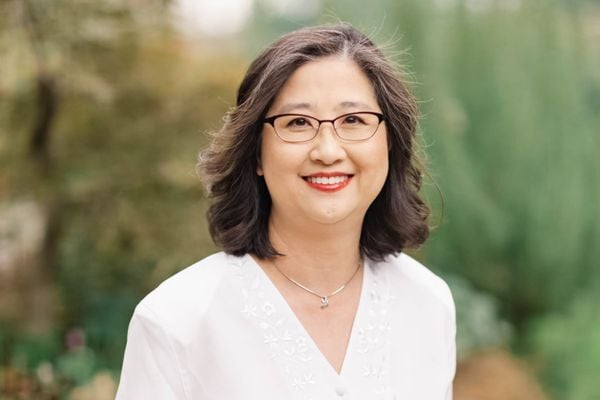
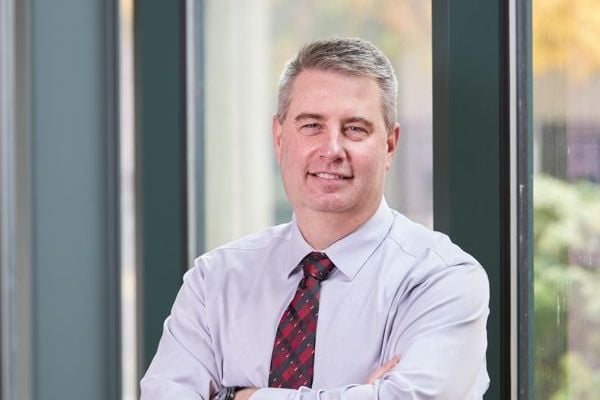
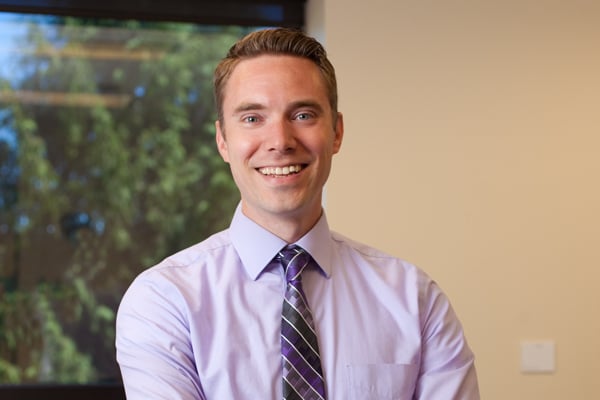
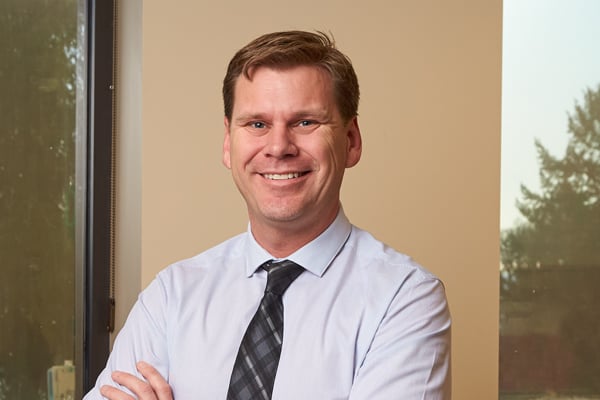
.jpg)
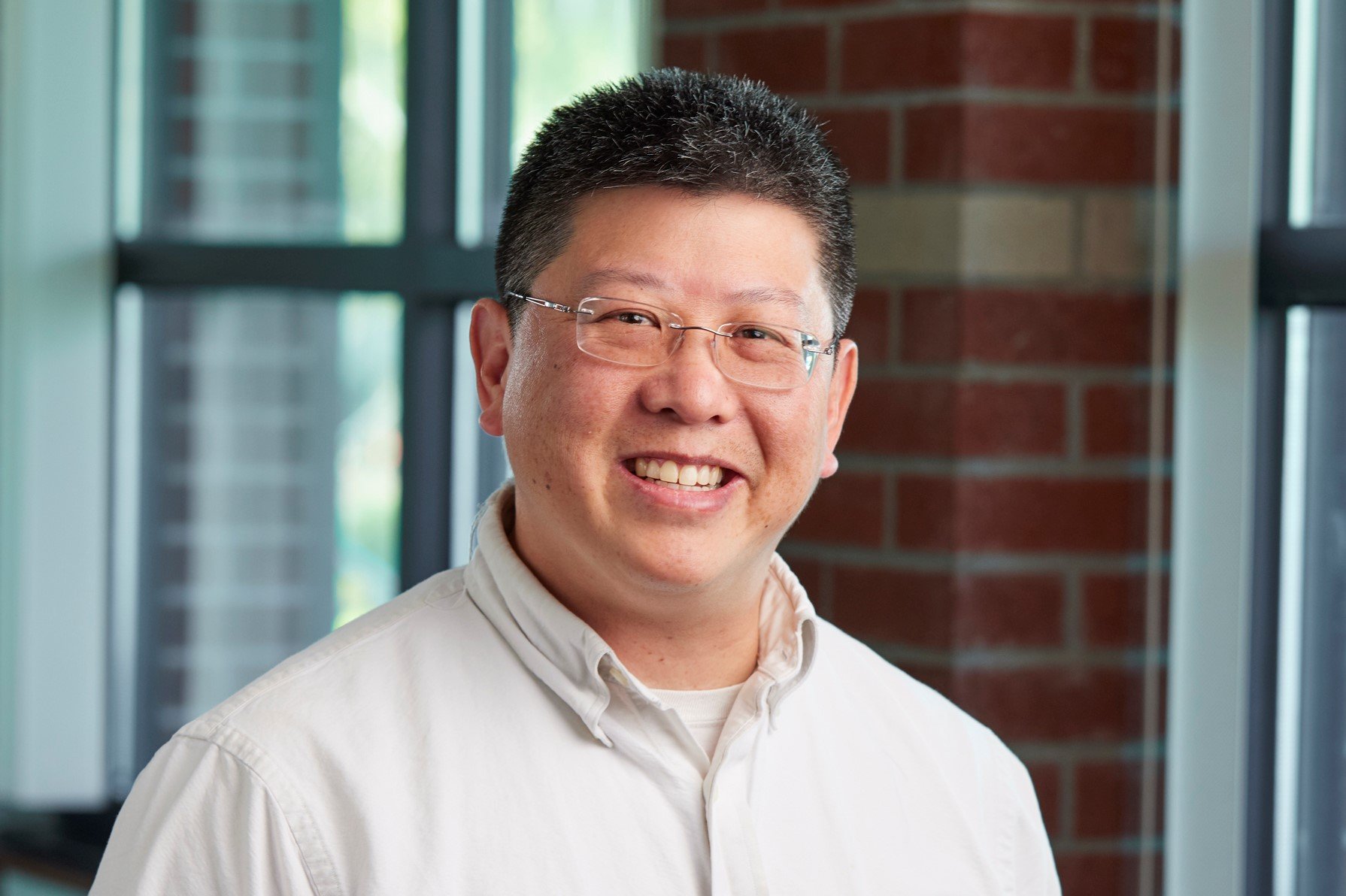
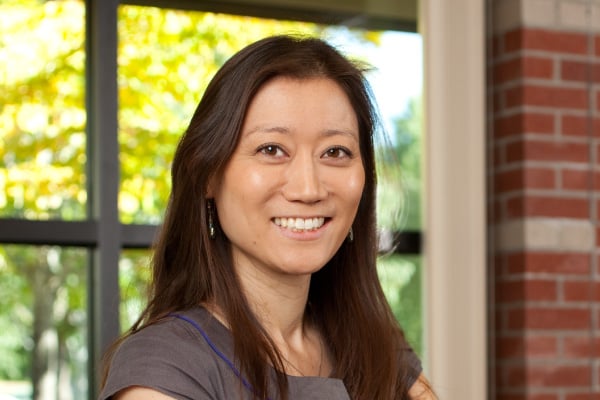
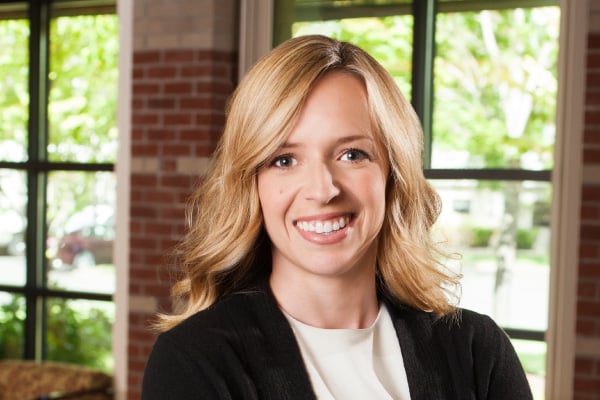
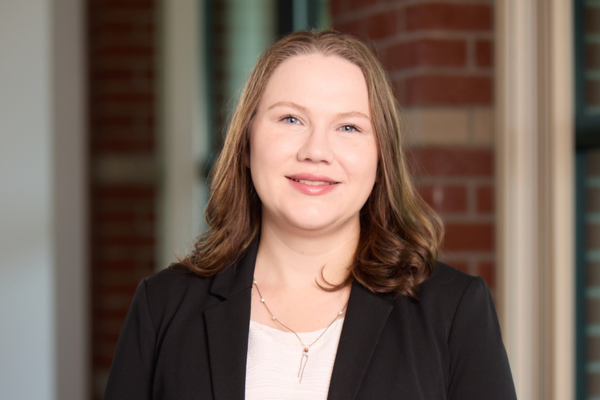
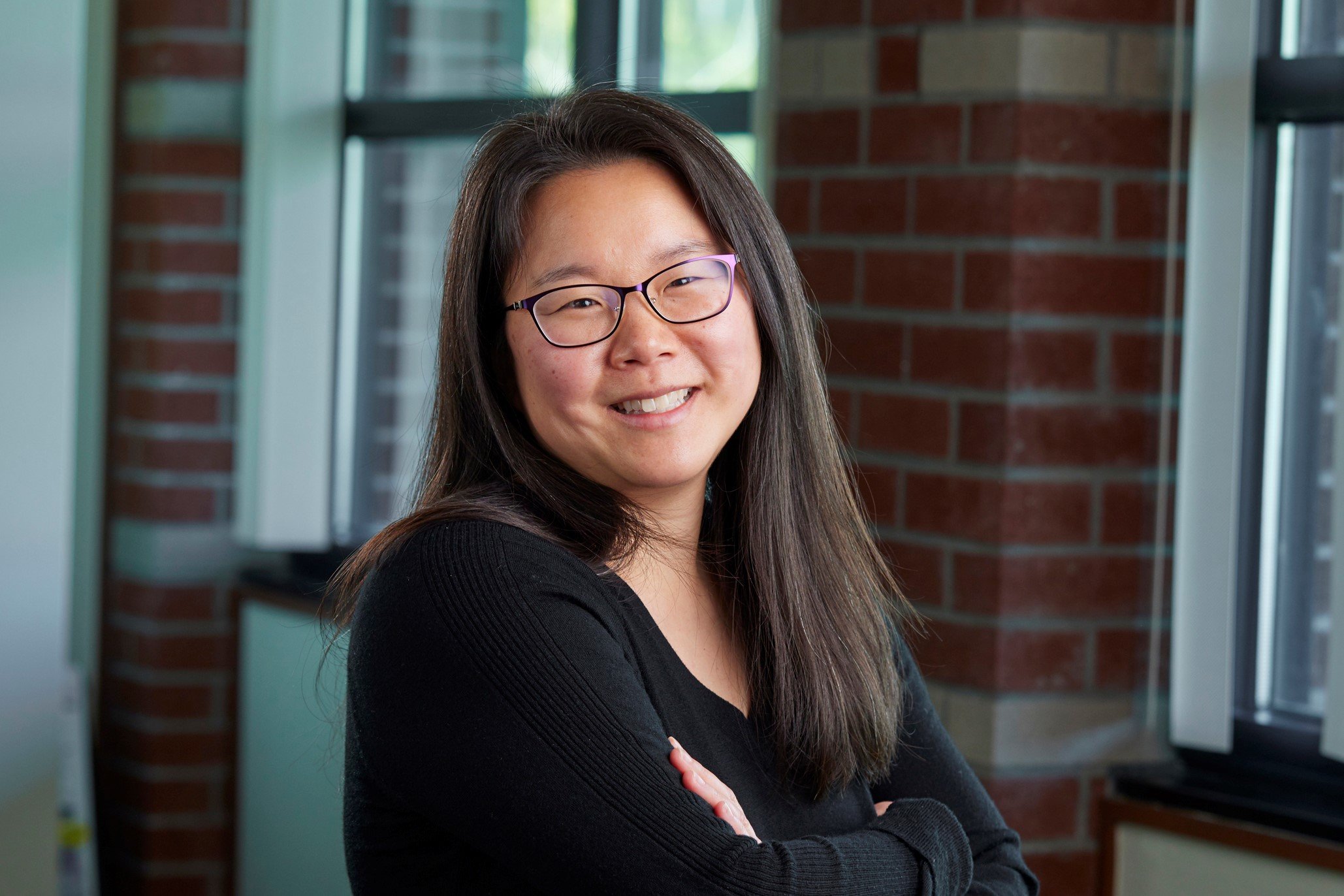
.jpg)
